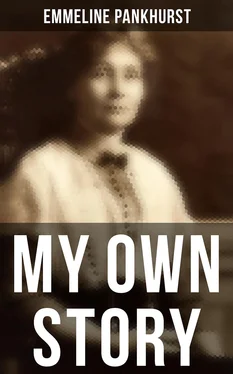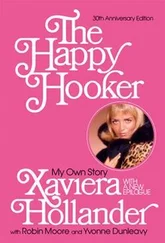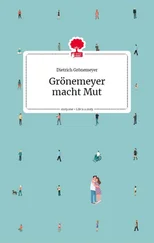The King opened Parliament in great state on January 29, 1908. Again his speech omitted all mention of woman suffrage, and again the W. S. P. U. issued a call for a Women's Parliament, for February 11th, 12th and 13th. Before it was convened we heard that an excellent place in the ballot had been won by a friend of the movement, Mr. Stanger, who promised to introduce a suffrage bill, February 28th was the day fixed for the second reading, and we realised that strong pressure would have to be brought to bear to prevent the bill being wrecked, as the Dickinson bill had been the previous year. Therefore, on the first day of the Women's Parliament, almost every woman present volunteered for the deputation, which was to try to carry the resolution to the prime minister. Led by two well-known portrait painters, the deputation left Caxton Hall and proceeded in orderly ranks, four abreast, toward the House of Commons. The crowds in the streets were enormous, thousands of sympathisers coming out to help the women, thousands of police determined that the women should not be helped, and thousands of curious spectators. When the struggle was over, fifty women were locked up in police-court cells.
The next morning, when the cases were tried, Mr. Muskett, who prosecuted for the Crown, and who was perhaps a little tired of telling the Suffragettes that these scenes in the streets must cease, and then seeing them go on exactly as if he had not spoken, made a very severe and terrifying address. He told the women that this time they would be subject to the usual maximum of two months' imprisonment, with the option of a fine of five pounds, but that, in case they ever offended again, the law had worse terrors in store for them. It was proposed to revive, for the benefit of the Suffragettes, an Act passed in the reign of Charles II, which dealt with "Tumultuous Petitions, either to the Crown or Parliament." This Act provided that no person should dare to go to the King or to Parliament "with any petition, complaint, remonstrance, declaration or other address" accompanied with a number of persons above twelve. A fine of one hundred pounds, or three months' imprisonment, might be imposed under this law. The magistrate then sentenced all but two of the women to be bound over for twelve months, or to serve six weeks in the second division. Two other women, "old offenders," were given one month in the third division, or lowest class. All the prisoners, except two who had very ill relatives at home, chose the prison sentence.
The next day's session of the Women's Parliament was one of intense excitement, as the women reviewed the events of the previous day, the trials, and especially the threat to revive the obsolete Act of Charles II, an act which was passed to obstruct the progress of the Liberal party, which came into existence under the Stuarts, and under the second Charles was fighting for its life . It was an amazing thing that the political descendants of these men were proposing to revive the Act to obstruct the advance of the women's cause, fighting for its life under George V and his Liberal government. At least, it was evidence that the Government were baffled in their attempt to crush our movement. Christabel Pankhurst, presiding over the second session of the Women's Parliament, said: "At last it is realized that women are fighting for freedom, as their fathers fought. If they want twelve women, aye, and more than twelve, if a hundred women are wanted to be tried under that act and sent to prison for three months, they can be found."
I was not present at this session, nor had I been present at the first one. I was working in a by-election at South Leeds, the last of several important by-elections in great industrial centres, where our success was unquestioned, except by the Liberal press. The elections had wound up with a great procession, and a meeting of 100,000 people on Hounslet Moor. The most wonderful enthusiasm marked that meeting. I shall never forget what splendid order the people kept, in spite of the fact that no police protection was given us; how the vast crowd parted to let our procession through; how the throngs of mill women kept up a chorus in broad Yorkshire: "Shall us win? Shall us have the vote? We shall!" No wonder the old people shook their beads, and declared that "there had never been owt like it."
Конец ознакомительного фрагмента.
Текст предоставлен ООО «ЛитРес».
Прочитайте эту книгу целиком, купив полную легальную версию на ЛитРес.
Безопасно оплатить книгу можно банковской картой Visa, MasterCard, Maestro, со счета мобильного телефона, с платежного терминала, в салоне МТС или Связной, через PayPal, WebMoney, Яндекс.Деньги, QIWI Кошелек, бонусными картами или другим удобным Вам способом.












